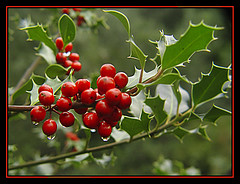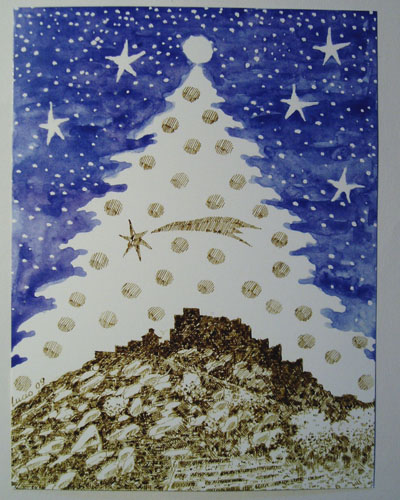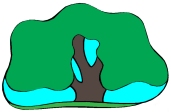Buenos deseos 2010
BUENOS DESEOS PARA EL 2010
El I.E.S. «Sierra de Montánchez» les desea una muy feliz navidad y un próspero año 2010 lleno de paz y amor.
 |
|
| acebo (foto de Txusger) | acebo (foto de Txanoduna) |
Navidad 2009IES SIERRA DE MONTÁNCHEZ |
Las pajas del pesebre |
|
Las pajas del pesebre,
niño de Belén,
hoy son flores y rosas,
mañana serán hiel.
Lloráis entre las pajas
de frío que tenéis,
hermoso niño mío,
y de calor también.
Dormid, cordero santo,
mi vida, no lloréis,
que si os escucha el lobo,
vendrá por vos, mi bien.
Dormid entre las pajas,
que aunque frías las veis,
hoy son flores y rosas,
mañana serán hiel.
Las que para abrigaros
tan blandas hoy se ven
serán mañana espinas
en corona cruel.
|
Mas no quiero deciros,
aunque vos lo sabéis,
palabras de pesar
en días de placer.
Que aunque tan grandes deudas
en paja cobréis,
hoy son flores y rosas,
mañana serán hiel.
Dejad el tierno llanto,
divino Emanüel,
que perlas entre pajas
se pierden sin por qué.
No piense vuestra madre
que ya Jerusalén
previene sus dolores
y llore con Joseph.
Que aunque pajas no sean
corona para Rey,
hoy son flores y rosa,
mañana srén hiel.
|







